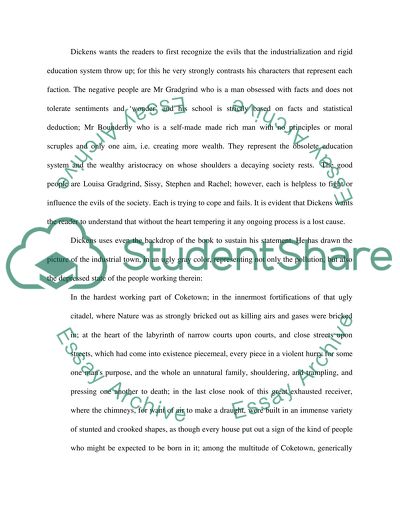Cite this document
(“Hard Times Essay Example | Topics and Well Written Essays - 1250 words”, n.d.)
Hard Times Essay Example | Topics and Well Written Essays - 1250 words. Retrieved from https://studentshare.org/literature/1534748-hard-times
Hard Times Essay Example | Topics and Well Written Essays - 1250 words. Retrieved from https://studentshare.org/literature/1534748-hard-times
(Hard Times Essay Example | Topics and Well Written Essays - 1250 Words)
Hard Times Essay Example | Topics and Well Written Essays - 1250 Words. https://studentshare.org/literature/1534748-hard-times.
Hard Times Essay Example | Topics and Well Written Essays - 1250 Words. https://studentshare.org/literature/1534748-hard-times.
“Hard Times Essay Example | Topics and Well Written Essays - 1250 Words”, n.d. https://studentshare.org/literature/1534748-hard-times.


